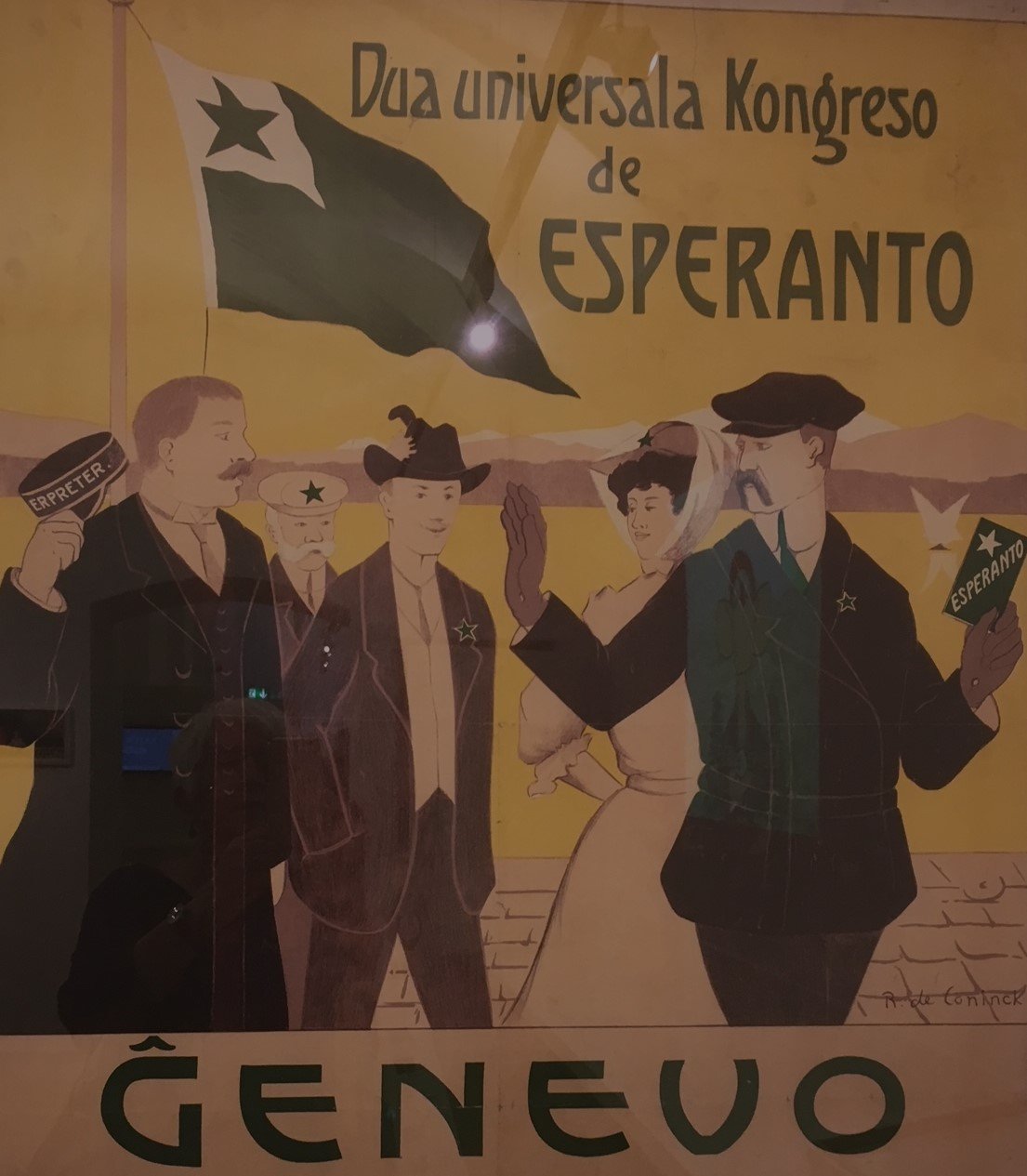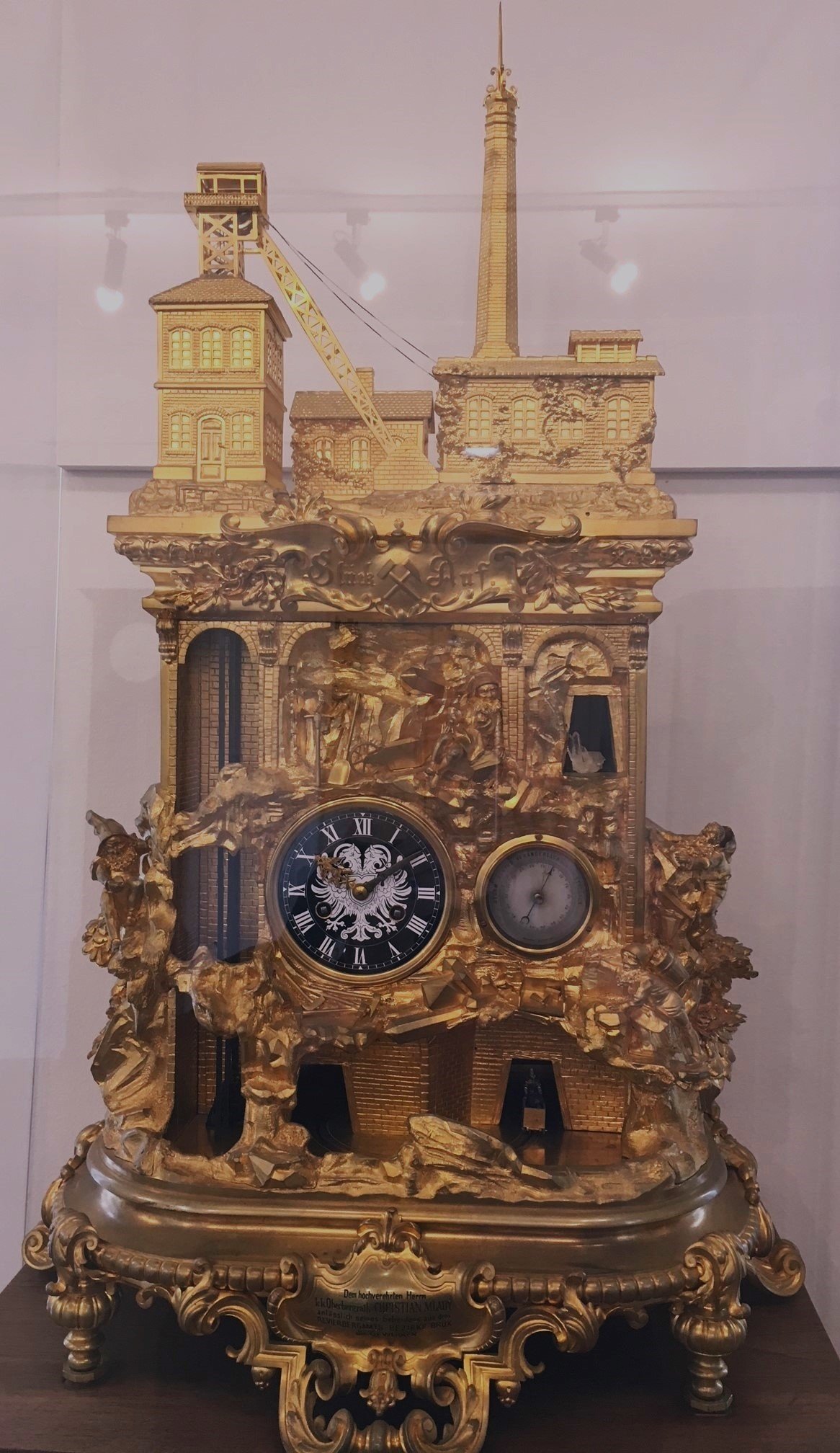Jonathan C. Lewis
Author and Artist
Museum Musings
A fictional travelogue; four minutes to read.
I’m a museum nerd. What would you expect from a mid-forties man who teaches high school civics to mostly bored and badly behaving students?
I’m answering my own question—proving my nerdiness—with a holiday to a city crowded with museums. Museums and more museums. Small ones. Famous ones. Beautiful ones. Educational ones. Grand ones. Curious ones. Cozy ones.
Museums within museums. Museums without walls. Single-subject museums. Private museums, public museums. Limitless museums with unlimited treasures. Places for discovery and rediscovery.
My head is spinning. My skin is wrinkly with goosebumps.
Time’s relentless journey—the endless mid-life crisis of my middle-agedness—has brought me to Vienna. I am searching for my provenance as a step towards modernizing my moldering self. Aging, art and antiquities are of a piece—each one imaging the other and each one a reflecting mirror in which to see myself more clearly.
First stop is a museum showcasing the thief that is stealing me from myself: time. The Clock Museum is housed in a converted, cream-colored town house. Outside, there is a cobbled parklet with trees, benches and parked bicycles. A breeze rustles the leaves making Nature’s lifecycle. A place for timely self-reflection.
Inside, the ticking of the timepieces dating to the 15th century spotlights the inevitability of time’s passage. In oil paintings of pastoral villages, clock towers are embedded with tiny, working clockfaces converting the canvases into functional timepieces.
Nearby, the Globe Museum spins with whirling, spherical worlds. The cartographic artworks map three life lessons: What I understand about my world largely depends on where I stand on it. I am inescapably a global citizen. I can only be in one place at a time.
The Esperanto Museum tombstones the dead dream that a synthetic language might linguistically unite humanity. As a survivor of way too many misunderstandings with first-rate English-speakers, I am deaf to the museum’s pitch for a utopian, universal language. Still, I can’t stop the failed experiment from resonating with me—the human desire to be understood across boundaries.
As an obsessive history reader, the 18th-century baroque Austrian National Library dazzles me. Its library lined with 200,000 musty manuscripts strain my eyes trying to take it all in. Its frescoed dome, the scent of aged paper and cracked leather bindings, the marble floors echo with the footsteps of countless others who have walked before me.
Humankind’s triumphs and trials are self-evidently a continuum, not an endpoint. I am a museum piece in the making.
Taking a late lunch at a colorful outdoor street market, I order Austrian goulash. Goulash—a steamy mélange of meat and vegetables—mimics my mixed up museum-going habits, not to mention mocks my meandering, miscellaneous life.
Vienna celebrates minds that mapped the world, measured time, wrote literature, composed music and communicated ideas on the edge of their futures. Amidst this humbling legacy, my place in the world unfolds petal by petal like a blossoming flower on an early Spring day in Vienna.
What pleasure is music without people to hear it? What is the point of a book without people to read it? What function has a map without people on the move, without tourists like me? What value is there in a clock without a romantic lover headed to a rendezvous?
Without me in it, without my students, a museum is meaningless. A mortuary for dead languages, dead ideas, dead dreams.
My chest relaxing, my heart calming, I take a last spoonful of goulash before ambling off towards the Kunsthistorisches Museum. It needs me.


